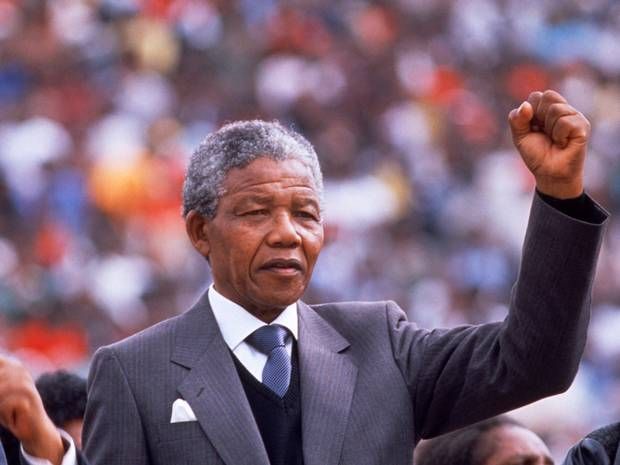
In the annals of history, few figures stand as tall as Nelson Mandela, the man who led South Africa out of the darkness of apartheid. Mandela's legacy is one of courage, perseverance, and unwavering commitment to justice and equality. Yet, even the greatest leaders face moments of difficult decision-making, and Mandela was no exception. One such moment came when he chose to step down from the presidency after serving just one term, a decision that some have interpreted as an act of cowardice. But to understand Mandela's decision, one must delve deeper into the complexities of leadership and the unique challenges he faced.
Nelson Mandela's journey to the presidency was long and arduous. Born into a country deeply divided by racial segregation, Mandela dedicated his life to fighting against the oppressive apartheid regime. He spent 27 years in prison for his beliefs, emerging in 1990 as a symbol of resistance and hope for a new South Africa. In 1994, Mandela's dream was realized when he was elected as the country's first black president in a landslide victory.
Mandela's presidency was marked by a relentless pursuit of reconciliation and nation-building. He worked tirelessly to heal the wounds of apartheid, promoting forgiveness and unity among South Africans of all races. Mandela's leadership during this time was nothing short of extraordinary, earning him worldwide acclaim and the Nobel Peace Prize in 1993.
However, Mandela's decision to step down after serving just one term in office surprised many. Some critics argued that he was shirking his responsibilities as a leader, choosing the easy way out instead of continuing to confront the challenges facing South Africa. But Mandela saw things differently.
For Mandela, stepping down was not an act of cowardice, but rather a demonstration of true leadership. He believed that no leader should cling to power for its own sake, and that the time had come for a new generation to take the reins. Mandela understood that true progress required more than just one person; it required the collective effort of an entire nation.
Moreover, Mandela's decision was also a testament to his belief in the strength of South Africa's democratic institutions. By voluntarily stepping down, Mandela showed the world that democracy in South Africa was strong and vibrant, capable of withstanding the departure of a beloved leader.
In the years following his presidency, Mandela continued to be a voice of wisdom and reason, offering guidance to his successors and advocating for peace and reconciliation around the world. His legacy lives on as a shining example of what true leadership looks like: selfless, courageous, and dedicated to the greater good.
Nelson Mandela's decision to step down from the presidency was anything but an act of cowardice. It was a bold and courageous move by a leader who understood that true greatness lies not in holding onto power, but in knowing when to let go. Mandela's legacy will continue to inspire generations to come, reminding us all of the power of forgiveness, reconciliation, and the indomitable human spirit.